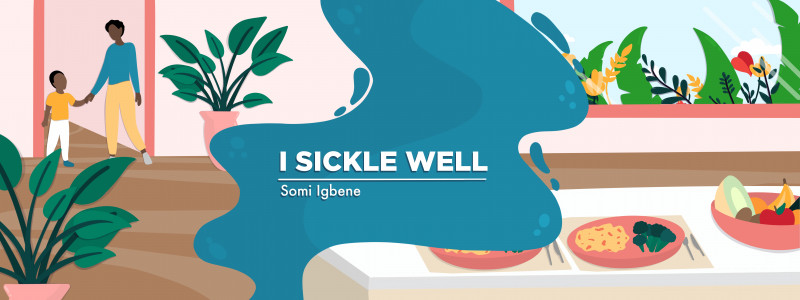What I Give My Son to Ensure He Gets Enough Zinc in Foods
Oysters, chicken, and pecans among good dietary sources of the needed mineral
Written by |

Zinc is an essential mineral and a vital component of many proteins in your body, and it plays a crucial role in immunity, vision, taste, smell, skin health, and sexual function. Scientists have known since 1975 that people with sickle cell disease have low zinc levels and often deficiencies. For many of those people, zinc deficiencies cause poor growth, slow sexual maturation, poor wound healing, and weak immunity.
Zinc deficiencies occur mainly because red blood cells break down continuously, losing zinc in the process. People with sickle cell disease also have higher zinc needs and lose much of it in their urine.
Studies have found a link between zinc deficiencies, frequent infections, pain crises, and hospitalizations in adults and children with sickle cell disease. Other studies have shown that zinc supplements significantly reduce the number of infections, hospitalizations, and pain crises they experience. A study in Ugandan children is underway to determine if zinc supplementation can prevent infections in children younger than 5.
With all of this evidence available, I often wonder why medical teams don’t emphasize the importance of zinc in care plans. We’re often advised to give our children high-dose folic acid supplements because of the risk of folate deficiency and to alleviate anemia. However, clinical folate deficiency is rare, and the benefit of high-dose folic acid on anemia and its symptoms is still uncertain.
Although the evidence for zinc is convincing, I’m uncomfortable giving my son a stand-alone zinc supplement without more evidence or clinical guidance. However, I’m leveraging food to ensure he gets as much zinc as possible. From the research I’ve done so far, some of the best sources of zinc include the following:
- Oysters
- Prawns (shrimp)
- Chicken
- Turkey (especially dark meat)
- Pumpkin seeds
- Split peas
- Oats
- Pecans
- Lima beans
- Walnuts
- Buckwheat
I mentioned in a previous post that my son is in the picky-eating phase, so I keep devising tricks to encourage him to eat certain foods, especially seafood and vegetables. I’ve found that chopping them into invisible pieces and mixing them with the rest of his food works brilliantly. He loves oats, beans, poultry, nuts, and seeds, so I don’t have much trouble getting him to eat those.
I always try to ensure he eats animal protein whenever he eats a plant source of zinc to help his body absorb as much of the mineral as possible. If you didn’t know already, plants contain compounds called phytates, which bind to zinc and prevent it from being absorbed in your intestines. But by eating animal protein along with plant sources of zinc, the protein dissolves the phytic acid, releasing zinc and allowing the body to absorb it.
So if your child has sickle cell, consider adding zinc-rich foods to their diet. It could help ward off those problematic deficiencies.
Note: Sickle Cell Disease News is strictly a news and information website about the disease. It does not provide medical advice, diagnosis, or treatment. This content is not intended to be a substitute for professional medical advice, diagnosis, or treatment. Always seek the advice of your physician or other qualified health provider with any questions you may have regarding a medical condition. Never disregard professional medical advice or delay in seeking it because of something you have read on this website. The opinions expressed in this column are not those of Sickle Cell Disease News or its parent company, Bionews, and are intended to spark discussion about issues pertaining to sickle cell disease.




Hansa Suresh Patel
I would like to know more about Nutrition for. Diabetic patients.
Thanks